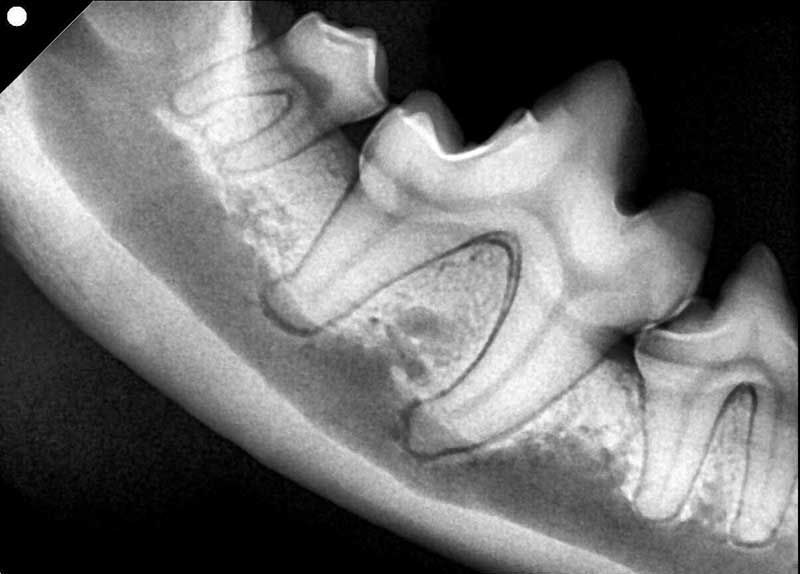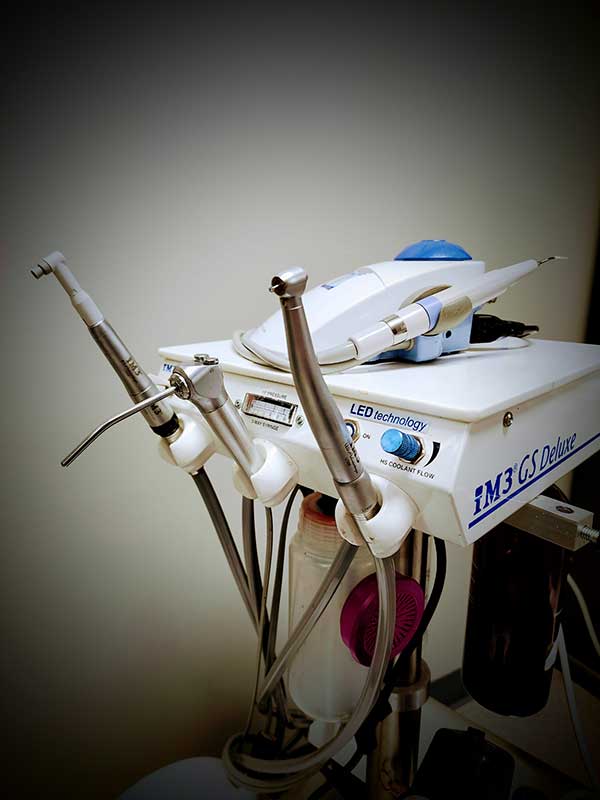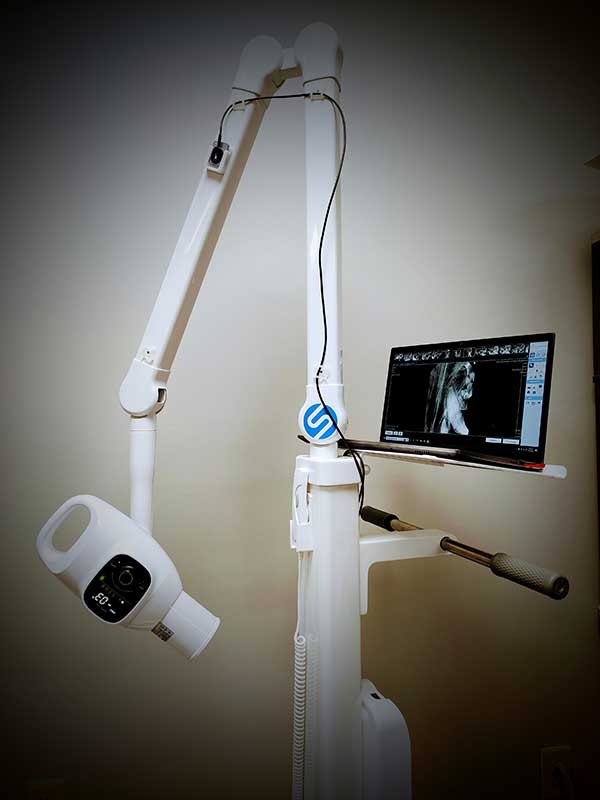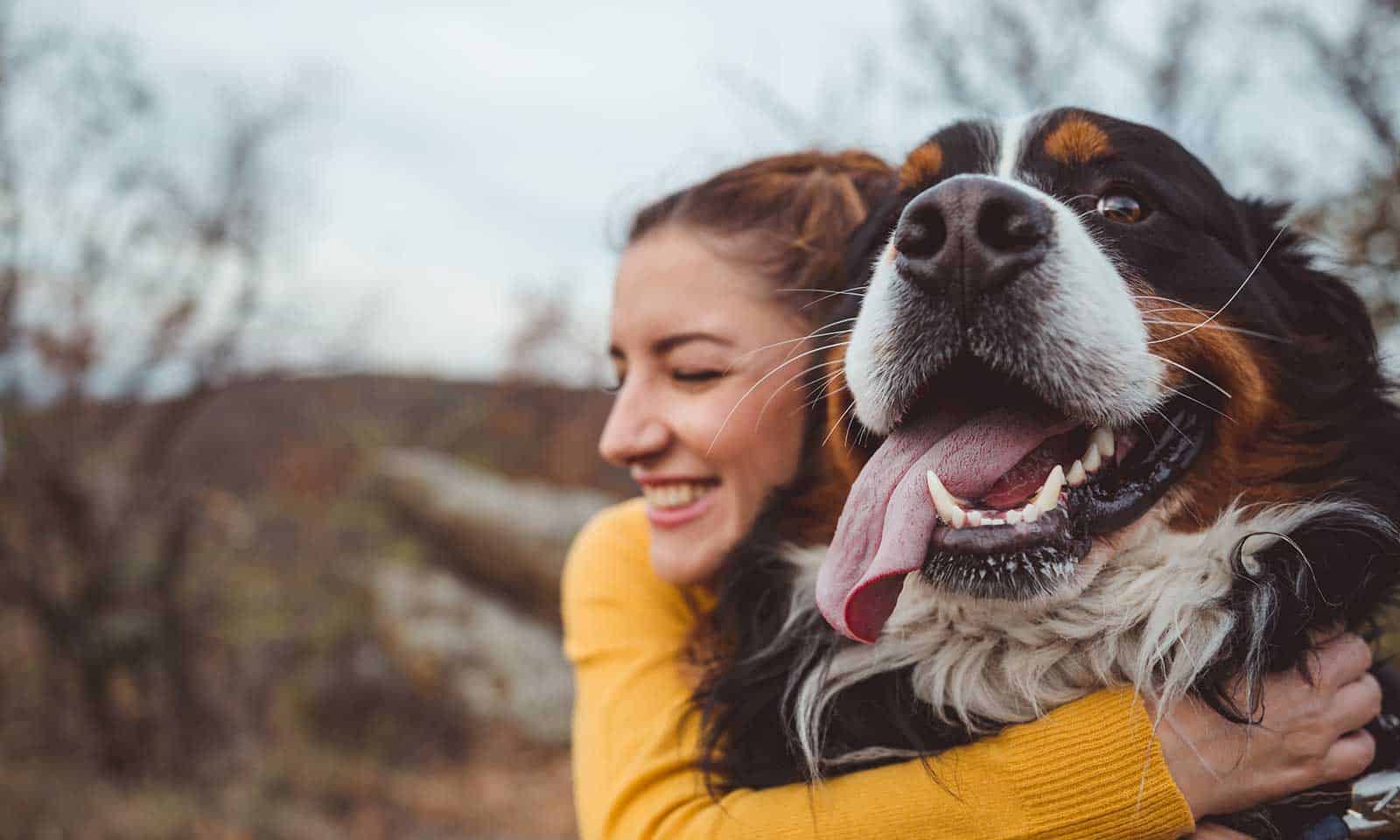Routine Dental Care is Imperative For Lifelong Health

Periodontal disease is very common in veterinary medicine.
Although most pets over the age three are affected by this condition, it is completely preventable. With routine veterinary visits and proactive at-home approaches, you can keep your pet’s teeth and gums clean and healthy.
Dr. Baker and her technicians are passionate about your pet’s mouth! They have attended extensive training by board certified dentists and technicians to bring the most up-to-date technologies and treatments to the comfort of your neighborhood vet office.

Dental Problems Create Deep Health Issues
Cleaning your furry friend’s mouth does not just serve to whiten teeth and freshen breath. That build up of dental calculus and bacteria in the mouth is eating away and their gums, teeth, and bone of the mouth causing periodontal disease which is extremely painful. Good oral hygiene can also keep your pet healthy in other areas of the body. When plaque and bacteria build up on the teeth, they can enter the bloodstream and negatively affect other parts of the body.
Regular dental cleanings can help protect vital organs like the heart, liver, and kidneys.
What We Do If We Suspect Oral Issues
At each office visit we will perform a visual exam of your pet’s teeth. Since pets won’t let us thoroughly inspect the mouth while awake, we will recommend a complete dental exam and cleaning under anesthesia if we spot any potential issues. All our dental procedures include full mouth digital X-rays to evaluate the roots of the teeth under the gumline that we cannot see visually. While your pet is under anesthesia you will be contacted with an accurate and in-depth explanation and examination of our findings. From there, all necessary treatments will be done at that time.
We aim to treat periodontal disease and save teeth by performing scaling, subgingival curettage, and closed and open root planing. In the event that the disease has gone too far and extraction is necessary, your pet will receive nerve blocks to help prevent pain, skilled extraction and gingival suturing with placement of bone grafting material to encourage healing and preserve neighboring teeth. Other oral surgery procedures can be done at our hospital during the time of the dental procedure to include removal of oral tumors and repair of minor jaw fractures.

Is My Pet Too Old For Anesthesia and Dentistry?
This is a very common and understandable concern. We must remember that age itself is not a disease and that each year we only get older! Before each dental procedure a thorough physical examination and comprehensive blood work panel will be done to assess for any potential complications to performing anesthesia. Today’s anesthetic agents are very safe. We safely perform anesthesia and dentistry weekly on animals aged 10 and over with several concurrent diseases such as heart disease, liver disease, early kidney disease, and endocrine disorders. At times, additional testing may be recommended to help ensure anesthetic safety, but rest assured each anesthetic event is carefully tailored to your pet’s unique requirements.
Your furry friend should never experience the painful symptoms of oral disease. Call us today at (770) 924-8847 so we can perform a mouth examination and ensure there are no dental concerns getting in the way of your pet’s health. For your convenience, you can also schedule an appointment here.

